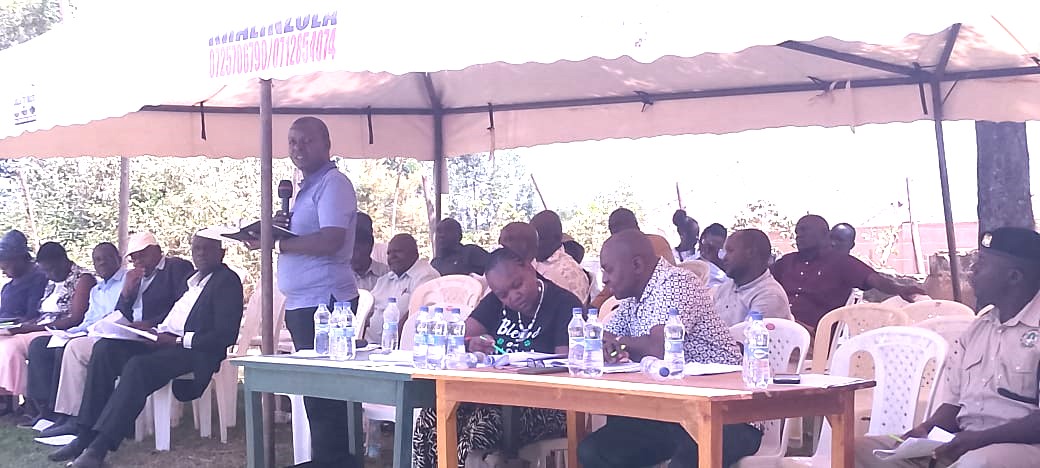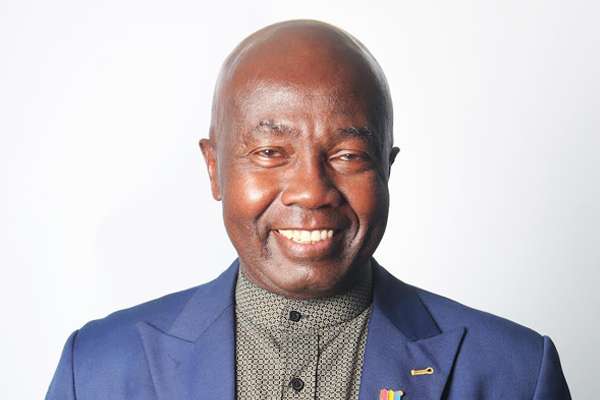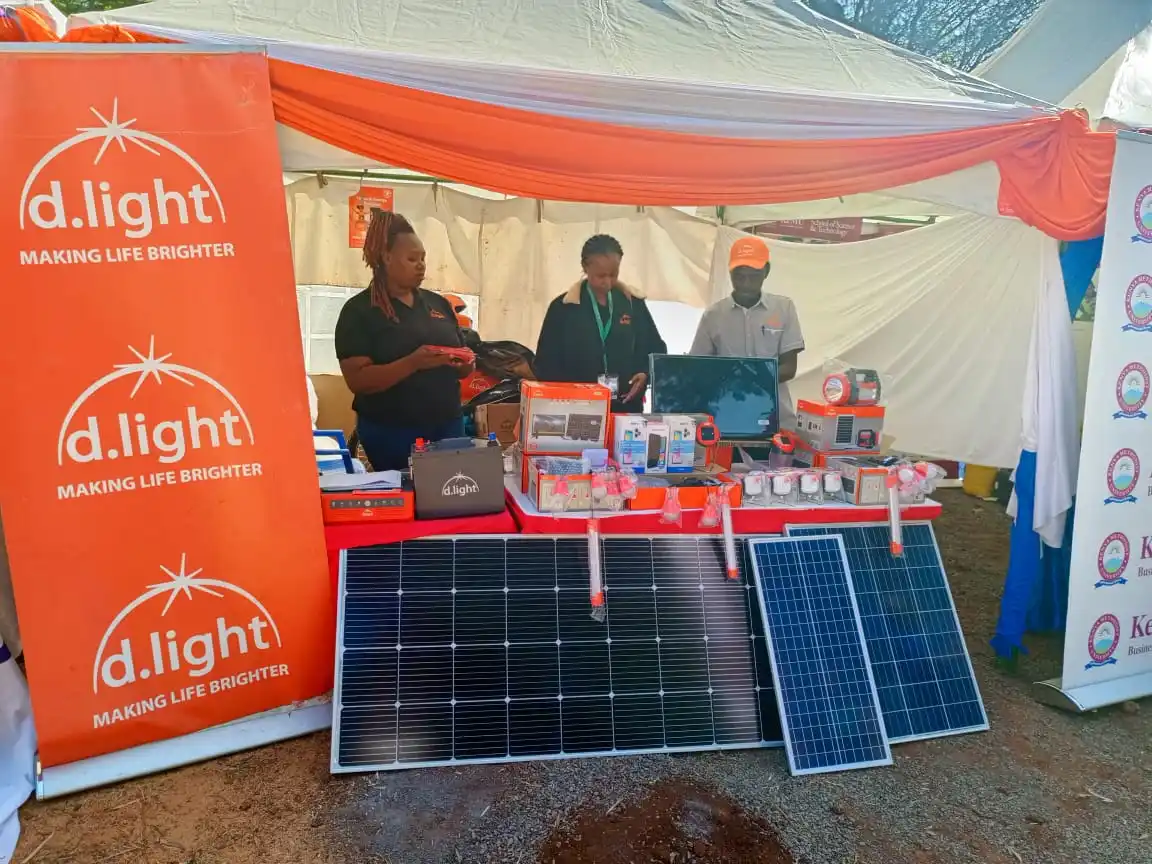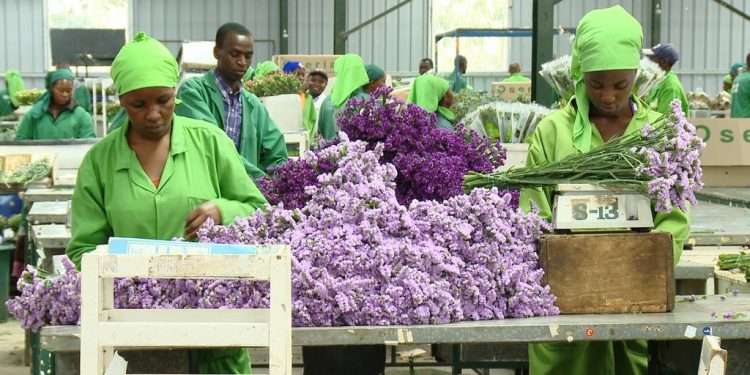By Wakhungu Andanje
The newly formed Kenya Sugar Board (KSB) has been urged to ensure that sugar importation is strictly regulated to protect local farmers from exploitation. These calls were made by cane farmers in the Western region of Kakamega North Sub-County during a public participation forum on sugar imports and exports under the draft Sugar Act 2024. The Act, currently under deliberation, is being subjected to public scrutiny before being presented for parliamentary debate and eventual implementation.
Kenya Sugar Board official, Engineer Richard Magero, accompanied by legal practitioner Eve Mbetha, representing the Office of the Cabinet Secretary for Agriculture and Livestock Development, and Andrew Osodo of the KSB, stated that the Act was enacted on 21st November 2024. Following its enactment, regulations were developed to operationalise it within six months.
The panel was urged to adopt the import and export regulations, which propose stringent penalties for importers who violate the Sugar Act. Farmers also called on the KSB to prioritise the interests of growers over millers in matters relating to sugar importation.
“As farmers, we have serious concerns about sugar barons flooding the local market with cheap imported sugar sold at throwaway prices. This has been a persistent issue affecting our livelihoods,” said one of the farmers.
The farmers expressed optimism that the newly established KSB would strictly regulate and control sugar imports. They also criticised supermarkets for repackaging sugar, arguing that it was a means of facilitating illegal importation.
“It is the Cabinet Secretary for Agriculture and Livestock Development, Mutahi Kagwe, under Section 21 of the Act, who is mandated to formulate regulations, which must undergo public participation. That is why we are here—to provide our input, which will then be submitted to Parliament through the Committee on Legislation for consideration,” explained Magero.
Butali Sugarcane Outgrowers Association chairman, William Kopi, commended the reintroduction of the Kenya Sugar Board, noting that it would safeguard farmers’ interests and restore order to the industry. Before presenting the farmers’ memorandum to the board, he emphasised the need for a single apex body, KSB, to avoid confusion.
“We need a unified Kenya Sugar Board (KSB) to defend farmers’ interests. In 2013/14, we requested the construction of 24 bridges within the sugarcane catchment area. The board managed to complete 12 before it was disbanded and merged into the Agriculture and Food Authority (AFA). We hope that before the final enactment of this draft, it will be returned to us for scrutiny and approval to ensure our interests are well represented,” he stated.
The board was also urged to prevent the dumping of contaminated sugar in the country, which poses a health hazard to consumers. Farmers from Nandi and Mosop called for their inclusion in public participation meetings and requested the opening of a road to enable them to transport cane to Butali, which is more accessible than their current mill.
In response to the concerns raised, KSB officials stated that a multi-agency task force, comprising KSB, the Kenya Revenue Authority (KRA), the Kenya Bureau of Standards (KEBS), and security agencies, would be established to curb sugar smuggling across borders, often facilitated by boda bodas and Probox vehicles.
“Our primary mandate is to implement this Sugar Act. Once in place, it will close all loopholes facilitating illegal sugar imports,” the board assured.
Regarding the Sugar (General) Regulations 2025, farmers proposed that they be compensated for by-products derived from their sugarcane, such as bagasse, fertiliser, and briquettes. Additionally, they unanimously opposed a clause in the Act that mandates growers to register their cane with a specific miller. Under this clause, failure to deliver the registered cane to the miller would result in a fine of Ksh.1 million, a jail term of not less than one year, or both. Instead, farmers demanded the right to supply their cane to any factory within their catchment areas, including Butali, Nzoia, and Naitiri mills.
The legal team from the Ministry of Agriculture affirmed that the document was designed to prioritise farmers’ welfare under the Act.





